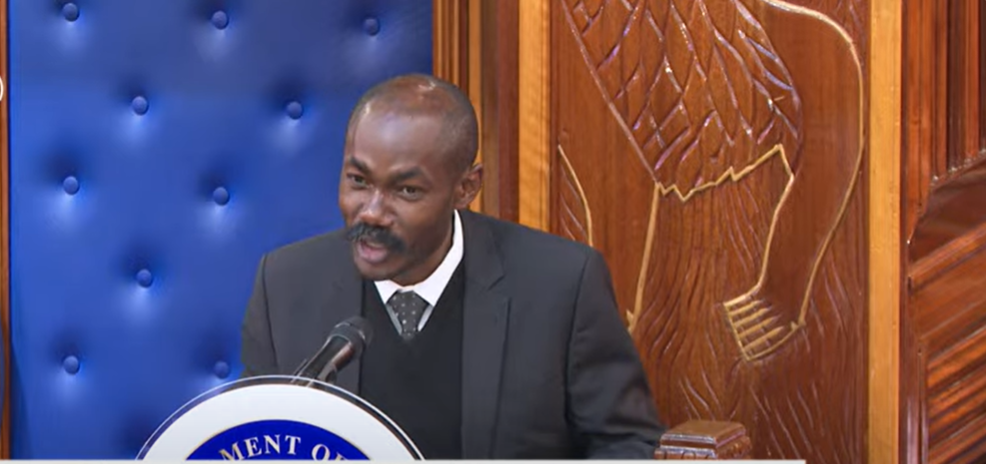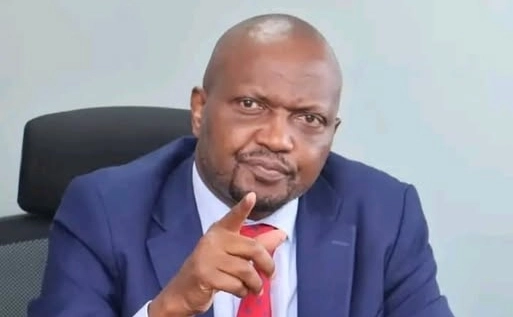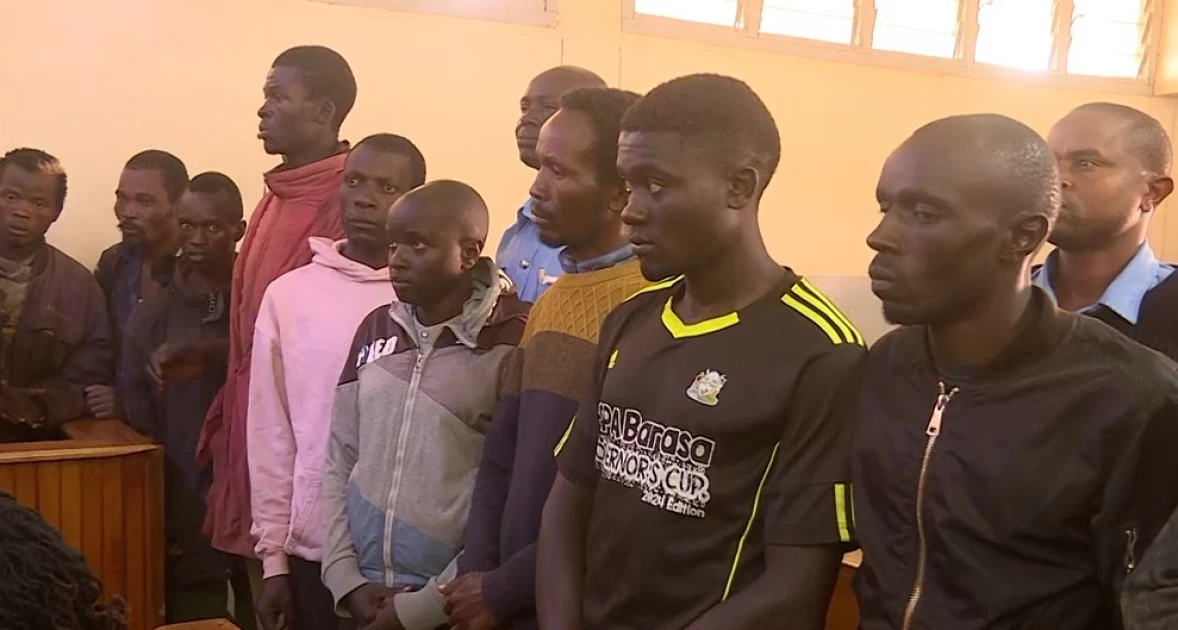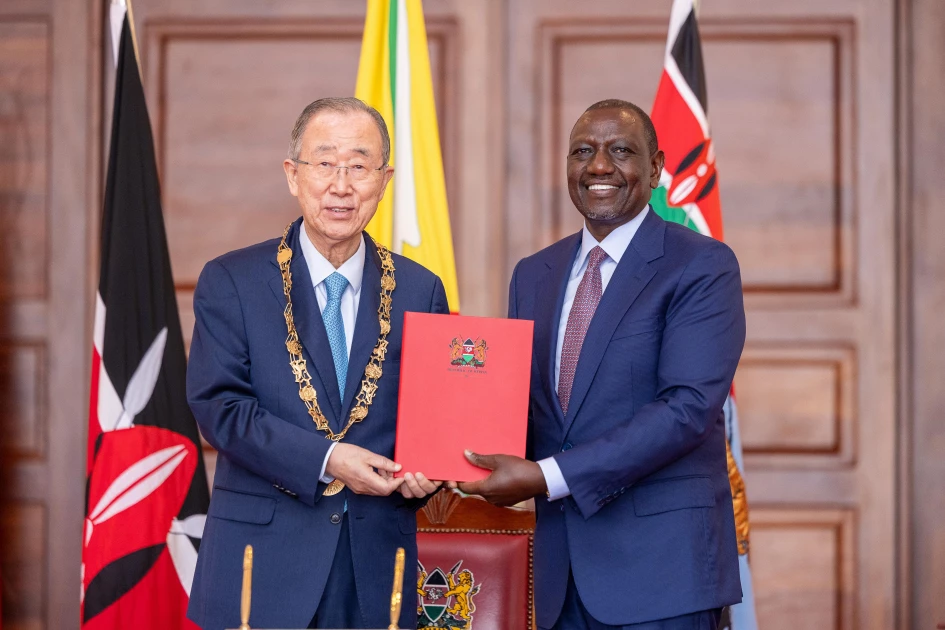Governor Guyo’s Legal Team Dismisses Impeachment Motion as Illegitimate over Disputed Assembly Dates
Governor Guyo’s legal team has challenged the validity of his impeachment, arguing the Isiolo County Assembly did not sit on the dates the motion was introduced and approved. They presented affidavits from key officials disputing the alleged sittings. Guyo has denied all charges, as the Senate continues the plenary trial.
Lawyer Elisha Ongoya Senate impeachment hearing of isiolo Governor
Posted by Mutai Isaack on Tuesday, July 8, 2025
Isiolo Governor Abdi Ibrahim Guyo’s legal team has dismissed the impeachment motion against him as constitutionally invalid, citing evidence that the Isiolo County Assembly did not sit on the dates when the motion was allegedly tabled and approved. The defence team, led by advocate Elisha Ongoya, argued that the process lacked procedural integrity and should therefore be nullified in its entirety.
During the Senate’s plenary session on Tuesday, July 8, 2025, Ongoya directly addressed a question raised by Senator Tom Ojienda regarding the authenticity of the County Assembly sittings on June 18 and June 26. He tabled a series of sworn affidavits that he claimed proved the Assembly did not convene on those critical dates, casting serious doubt on the credibility of the entire impeachment process.
The first affidavit was presented by Salad Boru, the Clerk of the Isiolo County Assembly. Ongoya emphasized that Boru, as the official custodian of the Assemblys records, holds a position of authority and is best placed to verify whether or not the House held any session. According to Boru’s sworn statement, official records show no sittings were held on June 18 or June 26.
Ongoya also submitted an affidavit from Abdinur Jima Jilo, the Member of County Assembly representing Kina Ward. He told the Senate that Jilo, as an elected MCA, was directly involved in the legislative affairs of the County Assembly and would certainly have known if any meetings had occurred on the dates in question. Jilos affidavit confirmed that no such sessions took place.
The third piece of evidence was an affidavit from Diba Ali, the Majority Leader in the County Assembly. Ongoya argued that Ali, being a key figure in the leadership of the Assembly, would have been informed of any scheduled business, especially one as significant as an impeachment motion. Ali’s affidavit also denied the occurrence of Assembly sittings on the alleged dates.
Ongoya stated that the three affidavits, taken collectively, presented a strong and credible argument that the impeachment motion was based on a false timeline. He asserted that this procedural flaw renders the motion legally defective and unconstitutional, thereby stripping it of any legitimacy before the Senate.
These developments came just hours after Governor Guyo formally appeared before the Senate and denied all three charges brought against him. The charges include gross violation of the Constitution, gross misconduct, and abuse of office. Guyo maintained his innocence, saying the accusations were politically motivated and lacked factual basis.
The Senate had earlier rejected a motion to appoint a special 11-member committee to investigate the matter, choosing instead to conduct the proceedings in plenary. The trial, which commenced on July 8, is expected to run for three days, with both the prosecution and defence teams presenting their arguments and evidence.
As the Senate examines the validity of the impeachment, the focus is not only on the substance of the charges but also on the legality of the process itself. Governor Guyo’s legal team insists that the impeachment cannot stand if it was launched in contravention of constitutional procedures and Assembly Standing Orders.






-og_image.webp)


-og_image.webp)



